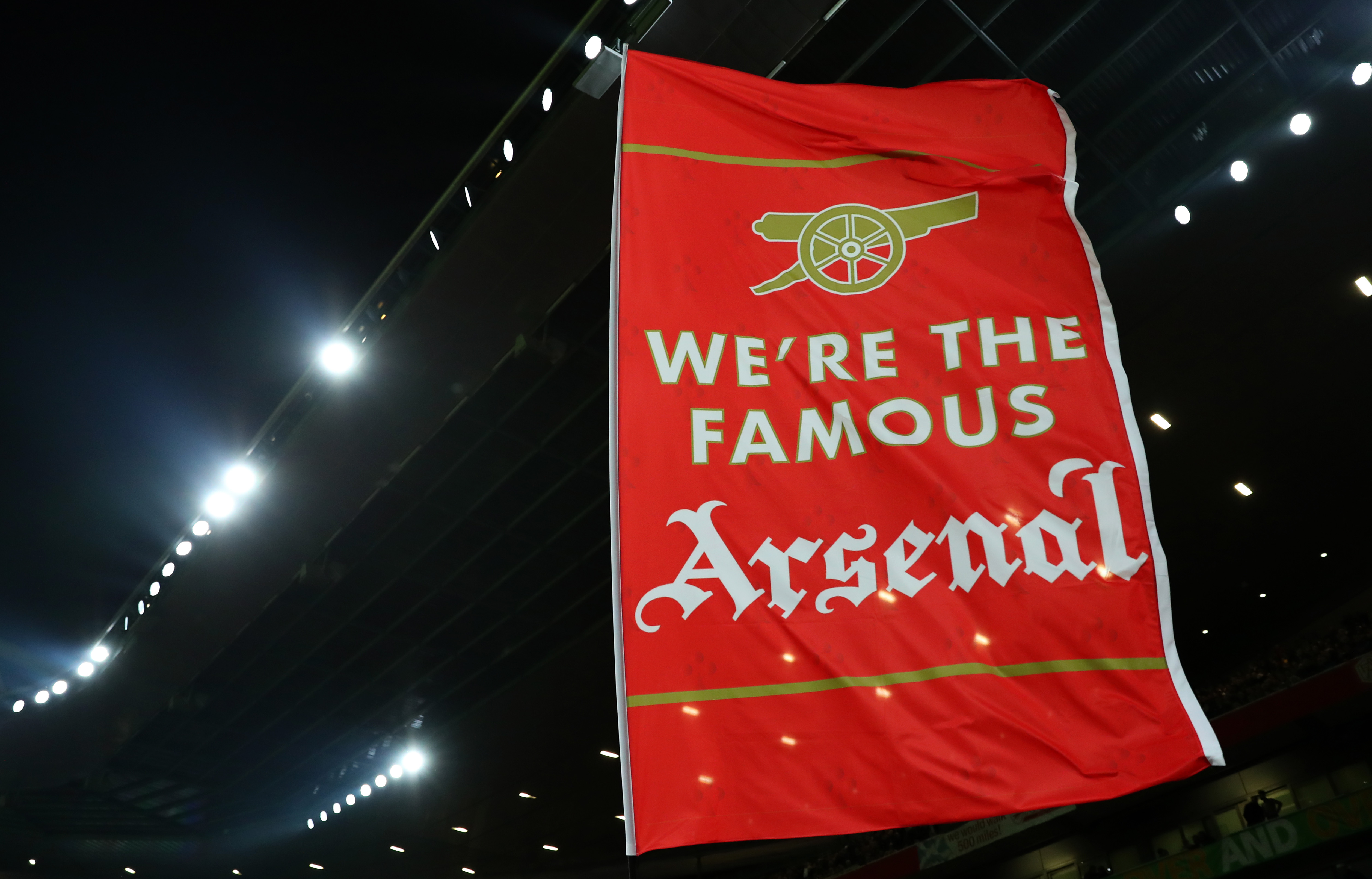Some teams play to win trophies, but there are others who play for the sake of entertaining the fans. These teams rarely win titles, but they are often remembered more fondly than champions. We take a look at five such “fun” teams.
Norwich City (1992-1994)
Youth team coach Mike Walker was promoted to be the big boss at Carrow Road, at the start of the 1992-93 season. The old English First Division was revamped into something called English Premier League. The Canaries had barely managed to escape the drop in the previous season, and were one of the favourites to go down this time. They couldn’t have asked for a tougher opening match than Arsenal. The defending champions predictably raced to a 2-0 lead. Walker brought on the new signing, Mark Robins. In a stunning turnaround, Norwich pummeled the famous back-line of Dixon-Adams-Winterburn-Bould. When the match ended, the score read 4-2 for Norwich, with Robins scoring twice.
The men in green and yellow continued to dazzle that season. By December, the outsiders had an eight point lead at the top of the heap. They were entertaining, scoring goals for fun and never shying away from letting in truckloads into their net. A double over Chelsea (they won the away leg 3-2 coming back from a 2-0 deficit), a double over Nottingham Forest and a 4-2 win over Leeds were some the memorable wins they collected that season. Big losses went hand in hand – a 7-1 thrashing by Blackburn or a 5-1 loss at Spurs. But despite the ups and downs, The Canaries remained in the hunt for the title till 4th April 1993. Fellow title aspirants Manchester United arrived at Carrow Road. Alex Ferguson (not “Sir” then) took a gamble and fielded a 4-2-4. The wingers Kanchelskis and Giggs tore apart Norwich’s defence, as United won 3-1 and sealed the title. Norwich eventually finished 3rd with a goal difference of -4!
They played in UEFA Cup the next season. Eventual champions Internazionale ended their run with two late Bergkamp goals in both legs. It was their performance in the previous round that immortalized them. They not only knocked out Bayern Munich, but became the first and only English team to win in Olympic Stadium in Munich. They did this…
Turkey (Euro 2008)
Turkey didn’t play the best football in Euro 2008, but they were by far the most thrilling team in a competition in recent times. They get into this list because the always left it “too late”.
Despite their performance in the 2002 world cup, which was an over-achievement to some extent, no one fancied the Turks, especially when they were grouped against hosts Switzerland, Czech Republic and Portugal. After a disappointing 2-0 loss to the Portuguese, they came up against the hosts. Switzerland thought they had drawn the game, but Arda Turan popped up in the 92nd minute to grab a win. That was just the start.
Turkey faced Czechs in a unique game. If that match was a draw, then the group match would have been decided by a tie-breaker. Karel Burckner’s men toyed with Turkey, as the score board read 2-0 with 28 minutes left. Turan once again scored to make it 2-1; after that, everything went haywire. A Petr Cech howler gave Nihat Kaveci the opportunity to equalize. Just a minute later, Turkey made it 3-2, with Nihat finding the net again! More drama unfolded, as goalkeeper Domirel was sent-off with two minutes to go. With Tuncay in goal, Turkey hung on to a precious win and progressed.
Fatih Terim, known as “Imperator” during his reign in Serie A, had built up a team that mirrored his eccentricity. Their ability to create goals out of nowhere stunned his opponents, like Croatia in the second round. The high flying east Europeans had dispatched England in the Qualifiers and Germany in the group leg earlier. The Croats thought they had won the game, when Klasnic struck a goal in 119th minute. They were still celebrating when Recber’s long free-kick found Senturk, who made 1-1. A dazed Croatia struggled to recover from the shock as Turkey won the tie-breaker.
Ironically they themselves got ‘Turked’ in the semi-final. After a typical fight-back, Senturk had made it 2-2 with three minutes to go. But this time Turkey’s opponents scored a late goal; Lahm scored in the 91st minute to take Germany to the final.
AS Monaco (UEFA Champions League, 2003-04)
Greece and Korea had created upsets in continental tournaments in that period. The Champions League lived up to this trend and delivered a most unlikely semi-final lineup.
Monaco had suffered from hardships since the glory-days under Wenger. No one expected them to be anything more than cannon-fodder. Rookie coach Didier Deschamps, a Cup winner himself, fielded a attacking 4-3-3 and relied on incessant forward movement. They were first noticed in a record 8-3 thrashing of Deportivo (the same year Deportivo did this). Dado Prso, Rothen and midfield lynchpin Ludovic Giuly ran rings around “Super Depor”.
If it was a shock that they made it as far as quarters, what they did after that was nothing short of impossible. They lost 4-2 at the Santiago Bernabeau, but read the riot act in the home leg, clinching the match 3-1. Moneybags Chelsea came next, Monaco’s 3-1 victory at home kept the tie delicately poised. At Stamford Bridge, Claudio Ranieri committed a tactical suicide, as Monaco held on for a 2-2 draw.
The final saw a unique lineup – two rank outsiders led by two rookie coaches. Monaco striker Nonda said before the final that “it was something that happened only in PlayStation”. Their luck ran out in the final as Giuly, undoubtedly the best player in that year’s edition, got injured and had to be substituted; Monaco had dominated the match till then. They never really recovered from the blow, and slumped to a 3-0 loss. That win bolstered the reputation of the then Porto coach, who went on to become the “Special One”, while Deschamps was left to rue about what might have happened had Guily remained on the pitch.
Denmark (1984-1986)
At Mexico ‘86, World Cup debutant Denmark faced Uruguay, the South American champions. Led by the sublime Enzo Francescoli, the two time world champions were tipped to be one of the favourites. Despite their good performance in Euro 84, the Scandinavians were the underdogs.
What ensued was nothing short of bizarre. The Scandinavians put on a show; they unleashed one of the greatest team performances ever seen. They demolished Uruguay 6-1, with Elkjaer scoring a hat trick. A Mexican TV commentator said: “Senors, Senores, you have just witnessed a public fiesta of football.” They brushed aside West Germany 2-0 in the next game.
Having technically brilliant players meant the Danes could seamlessly toggle between a 1-2-5-2 and a 1-3-4-2 formation. Elkjaer, Laudraup, Arnesen and the two Olsens were brilliant dribblers. Some of the goals Denmark scored in that world cup were beautiful, to the point of being ridiculous.
If there was any team which filled up the giant boots left by Dutch Total football, it was them. Fluid passing moves, fleet footed midfielders and incredibly gifted attackers – this Danish team had it all. But that was not their legacy. Their legacy was the attitude with which they played the game, a wonderful happy-go-lucky style. Their main job was to entertain, to play football as the way they wanted. Results were secondary.
It was this free-spirited attitude that led to their fall in the second round. The Danes went 1-0 up against Spain… then Jesper Olsen, one of Denmark’s best players, inexplicably back passed to Butraguano. The Real Madrid striker equalized, subsequently opening the flood gates. Spain won 5-1, ending the run of a team which played orgasmic football in the truest sense.
Foggia (1991-1994)
The early 90’s were the glory days of Italian football. Clubs from the peninsula completely dominated Europe. Most of the teams boasted of world class talents and brilliant gaffers at the helm. Among these clubs, Foggia was almost a misfit. They were coached by an unknown Czech, who never played football. In a country which valued defensive and tactical football, they were shockingly out-of-place.
Coach Zdenek Zeman took over a Serie C club. Going against the usual trend, his main focus was always on attack. Playing a 4-3-3, Foggia focused on high pressing, rapid interchange of positions; a slow-buildup from the back was just not their cup of tea. In a land of sophisticated strategists, Zeman and his minions were hippies.
Foggia dazzled their way to a Serie B title in 1991, scoring 67 goals on the way. They shocked the purists with their cavalier approach in Serie A. Romanian Dan Petrescu was a marauding full-back, who preferred the opponent’s half more than his own. A terrific strike trio of Giuseppe Signori, Fransesco Baiano and Roberto Raimundi shared the goal-scoring duties. Russian maestro Igor Shalimov, arguably their most important player, pulled the strings from the midfield.
They never stopped scoring, but they never stopped conceding. They scored 58 goals in their first season, against some of the best defenders on the planet. Conversely they also let in 58 goals! A prime example of this was an 8-2 loss to Milan’s Invincibles in ’91-’92. Foggia had led 2-1 at half-time, but leaked 7 goals in the second half.
Zeman’s philosophy was remarkably simple; he just wanted his team to outscore his opponents – perhaps a reason why they didn’t win any actual trophies. The baffled Italian press termed it as Foggia dei Miracoli, the miracle of Foggia. Another popular term was Zemanlandia, because only Zeman could define what his team was playing. Goalkeeper Franco Mancini once audaciously nutmegged van Basten – this was Zemanlandia.
As it is with any small club, the crucial players left. Signori joined Lazio and went on to become one of the greatest goalscorers in history of Serie A. Zeman left and coached a dozen clubs, with mostly poor results. This season he is again back in Foggia for his third stint at the club, who are in Serie C, again. Will it be a case of déjà vu?
A special thanks to the Guardian for informative articles on Denmark & Norwich City.




